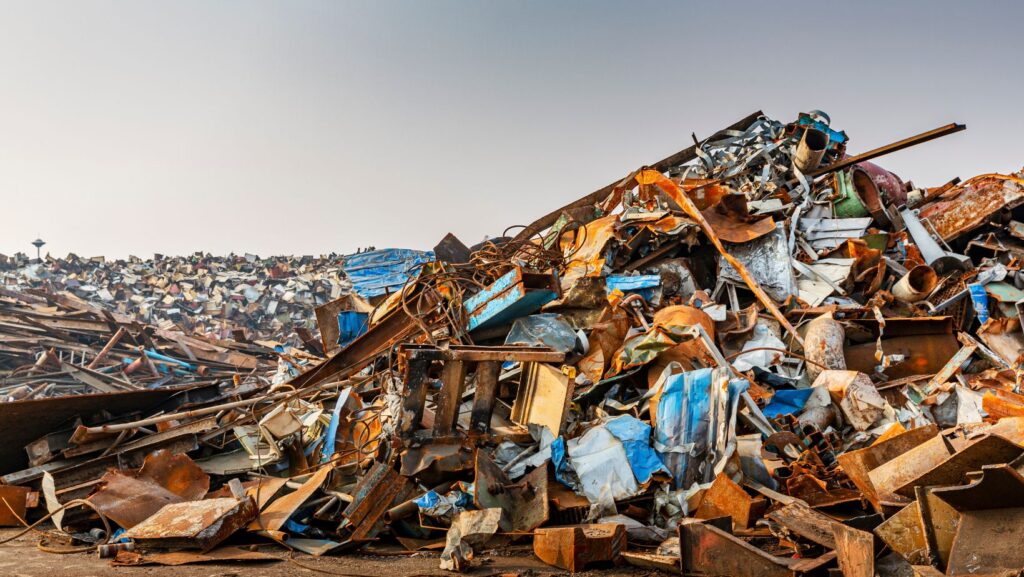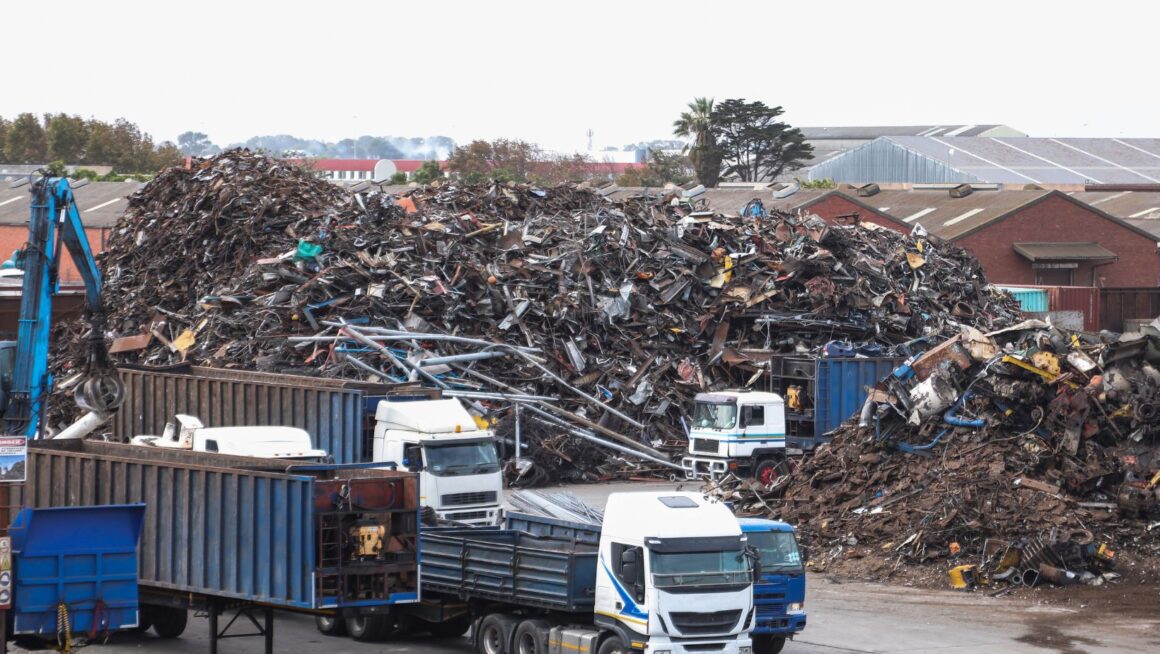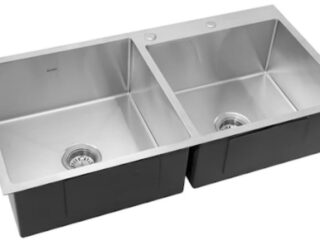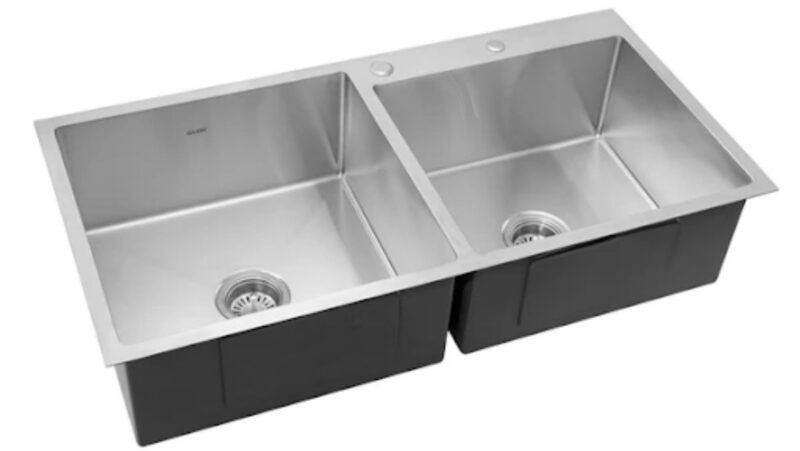
The pile started small. A few aluminum cans. Some copper wire from that half-finished DIY project. Then came the old patio furniture, a busted appliance or two, and—wait, is that a radiator?
Now your backyard looks like a scrapyard with commitment issues.
And here’s the good news: it’s worth money.
The better news? If you play it smart, it’s worth more than you think.
Welcome to the surprisingly strategic world of scrap metal recycling Austin—where timing, knowledge, and a bit of hustle can mean the difference between walking out with gas money or a serious payout.
Know What You’ve Got (and What It’s Worth)
First rule of scrap metal club? Not all metal is created equal.
- Copper: The Beyoncé of the scrap world. Uncoated, clean copper fetches top dollar.
- Aluminum: Lighter, lower value, but still a solid return if you’ve got volume.
- Brass: A reliable mid-tier earner—look for old plumbing fixtures.
- Steel and Iron: Heavy but cheap. Think cast iron tubs or rebar.
Pro tip: The more you separate before showing up, the less you’ll get docked for “mixed metal” or “contaminated scrap.” Translation? Don’t toss that greasy pipe in with your clean copper wire.
Clean Metal = Clean Cash
Here’s something recyclers don’t always shout from the rooftops: Dirty metal pays less.
That means insulation, rust, paint, or attachments (like nails or fittings) can downgrade your payout. Taking a few extra minutes to strip wire or rinse off grime? That’s money in your pocket.
Because yes—a clean copper pipe and a greasy one are not worth the same.
Watch the Markets—Seriously
Scrap metal prices fluctuate like gas or gold. Global demand, commodity trading, and even construction trends can send values up or down weekly.
Should you obsessively check the markets every day? No.
Should you at least glance at current rates before loading up your truck? Absolutely.
Know Your Weight (and Your Worth)
Reputable scrap yards use certified scales. But knowing your rough weight ahead of time gives you leverage—and confidence.
Whether you’re offloading 50 pounds of aluminum siding or a truckload of steel beams, you want a breakdown of materials, weight, and pricing. If they hesitate to give you a printed ticket, you should probably hesitate to go back.
Build a Relationship (It Pays)
You don’t have to be a professional scrapper to earn some loyalty points.
If you recycle semi-regularly—contractor, renovator, weekend metal hauler—get to know your local yard. A place like Gardner Metals isn’t just a drop-and-go shop. They recognize return customers, and guess what?
That can mean:
- Faster service
- Bulk pricing
- Pickups for large loads
- Even slightly better rates (because relationships matter)
Big Load? Call First
Dragging in a truckload of metal? Don’t just show up.
Many scrap yards offer:
- Volume bonuses
- Special pricing for clean or sorted material
- On-site pickups (especially for commercial or recurring clients)

A quick phone call can save you time and boost your payout. Easy win.
Know the Rules Before You Roll Up
Texas doesn’t mess around when it comes to scrap metal laws. Be ready to:
- Show a valid photo ID
- Provide documentation for certain items (like catalytic converters)
- Sign off on sale logs, especially for bulk transactions
Work with a licensed, transparent yard like Gardner Metals, and you’ll be golden (legally and financially).
The Bottom Line: Don’t Just Toss It. Maximize It.
That rusty mess in your truck bed? It’s not junk. It’s revenue.
But only if you know the game.
So here’s your cheat sheet:
- Separate your metals
- Clean them up
- Watch the market
- Use a yard that treats you like a partner—not a number












